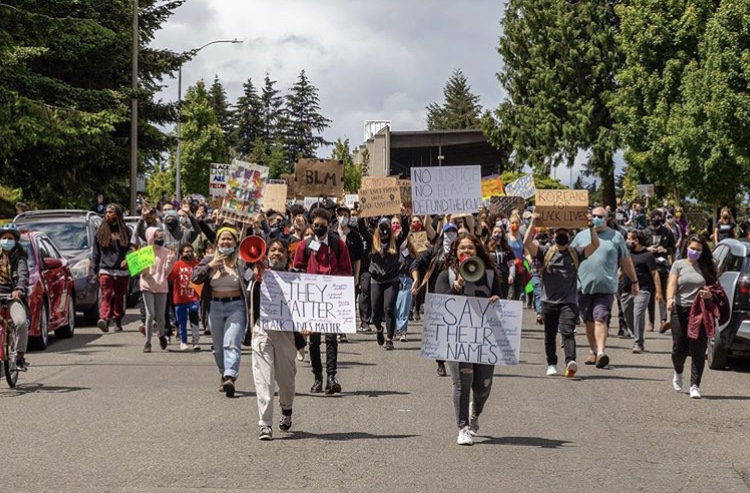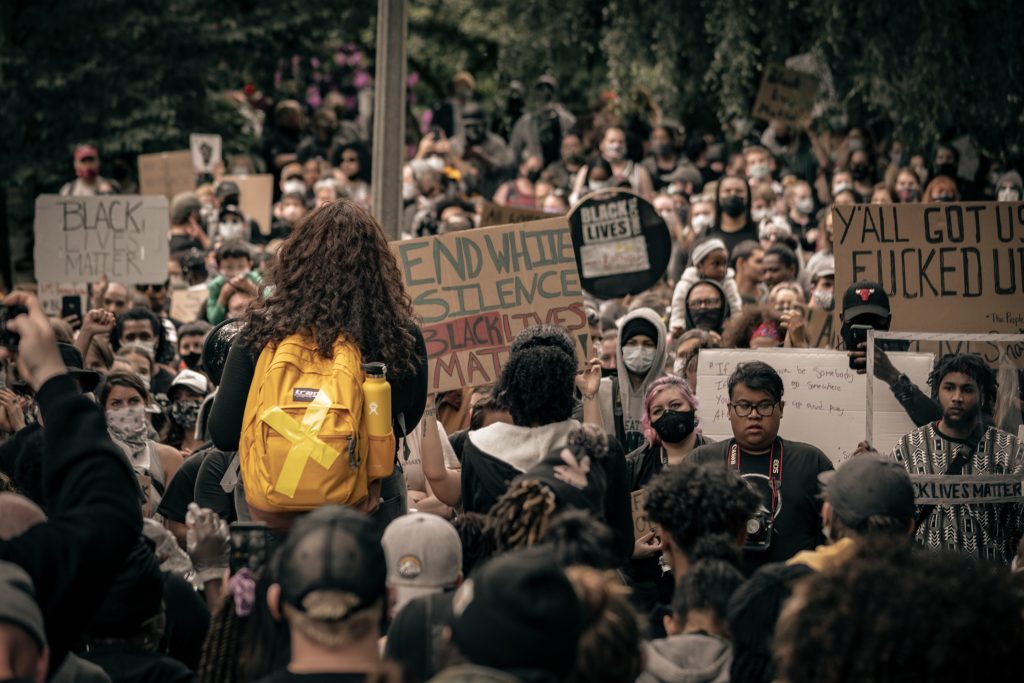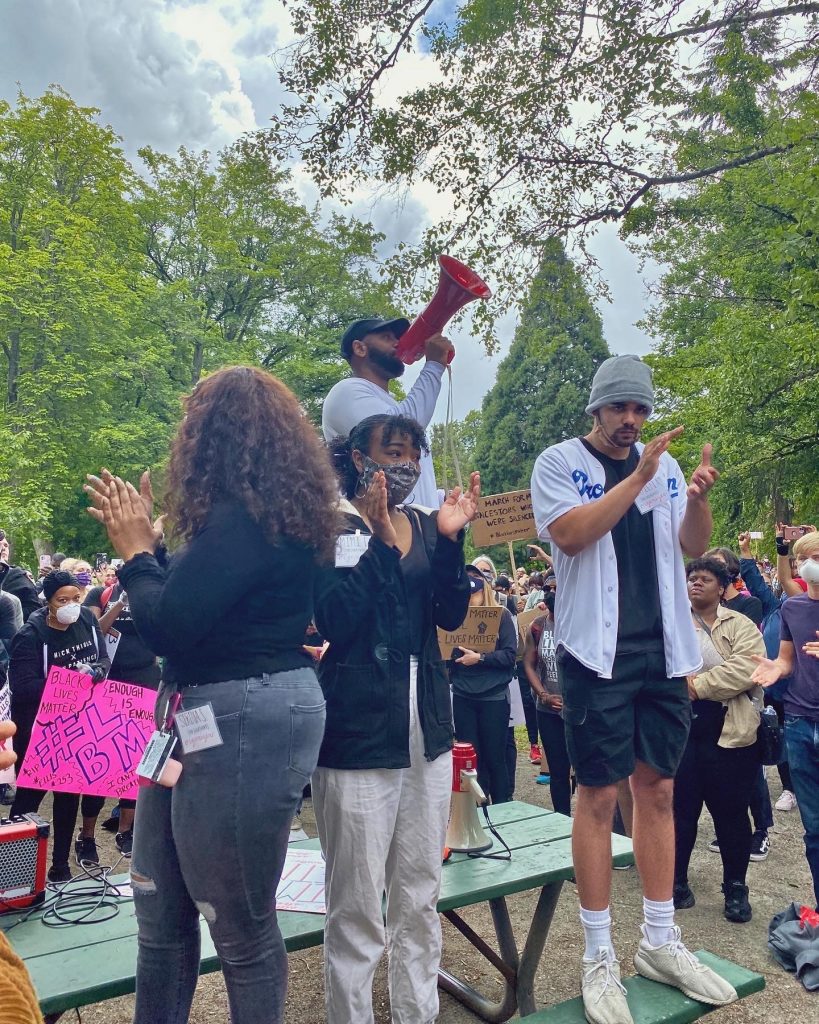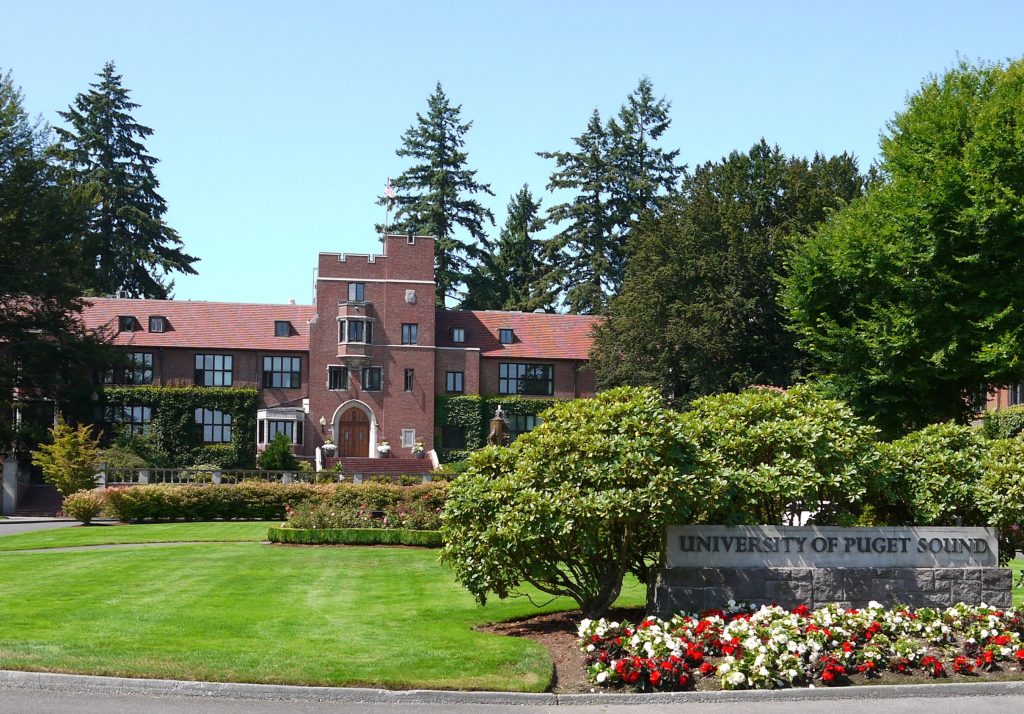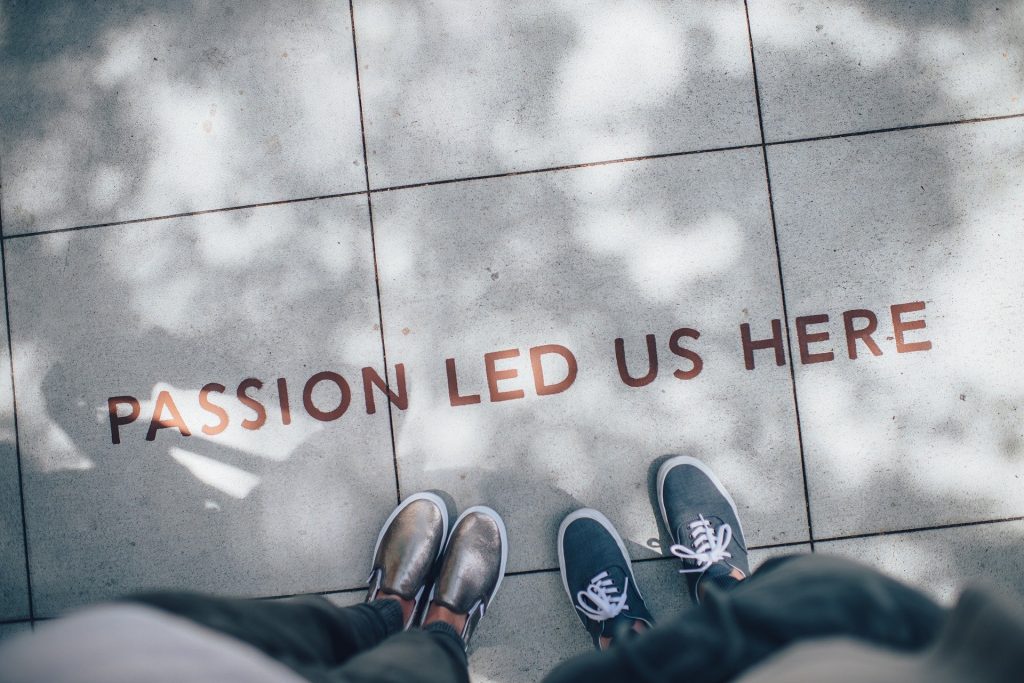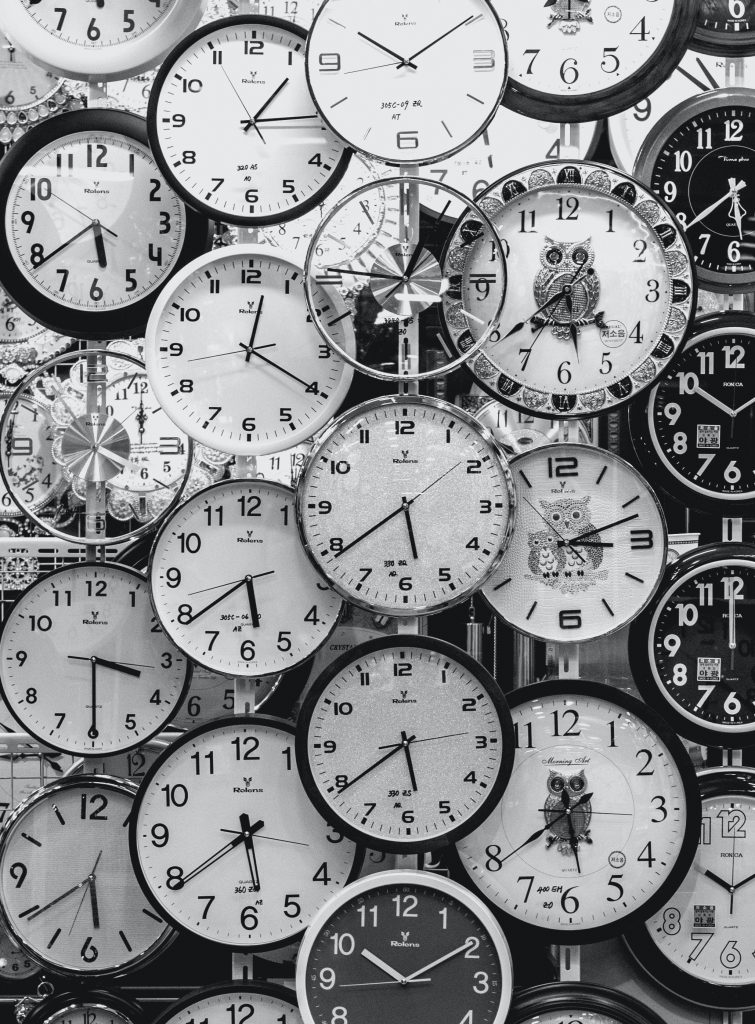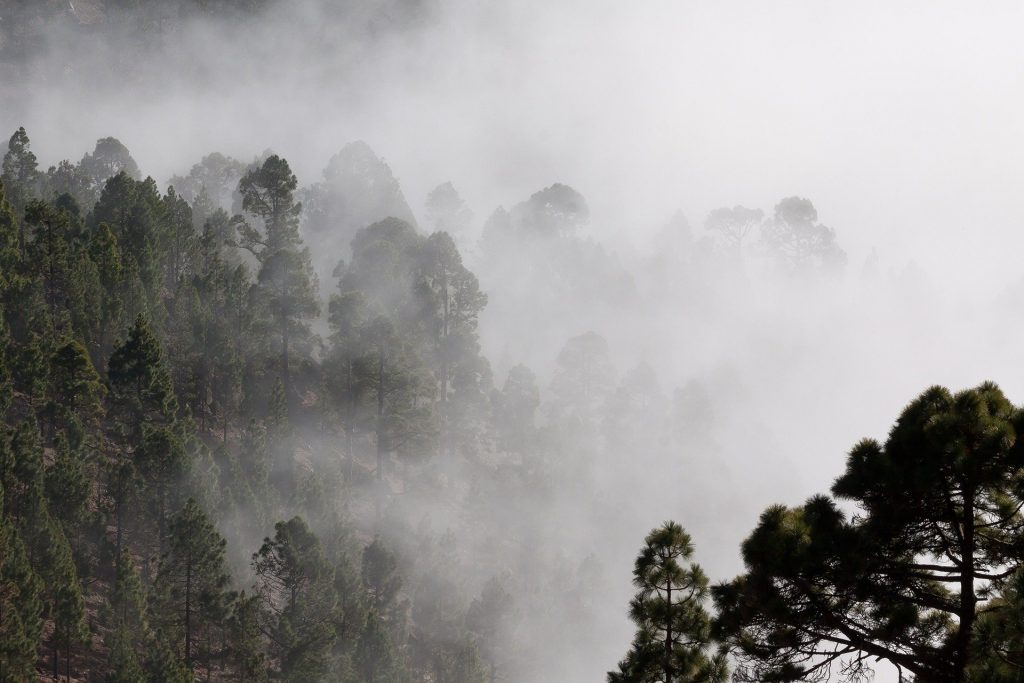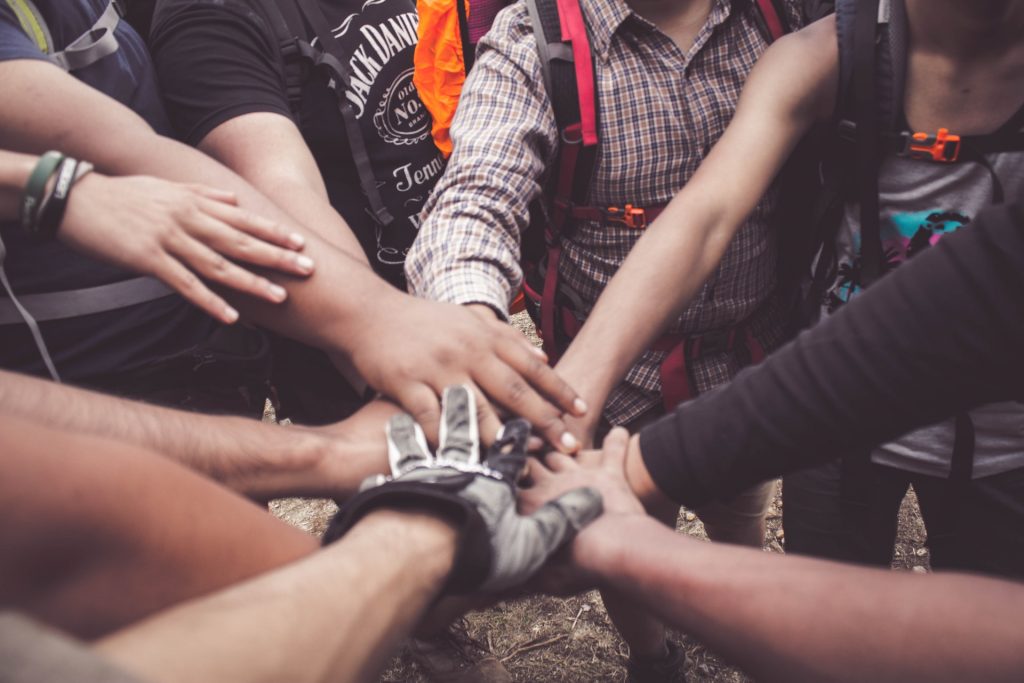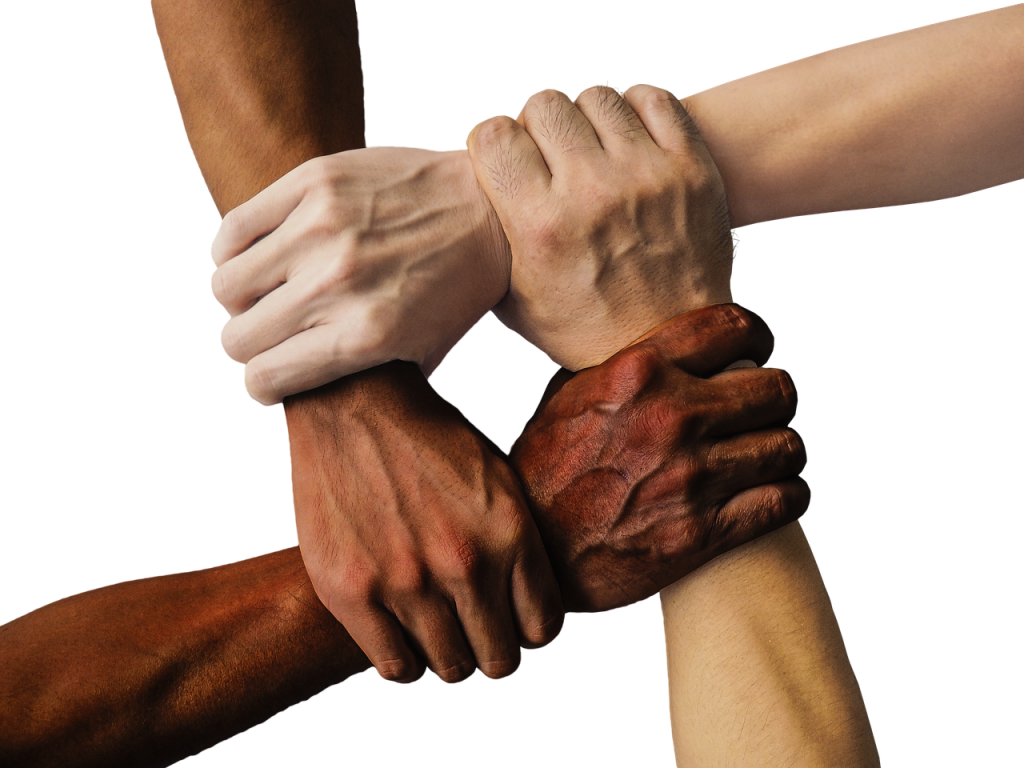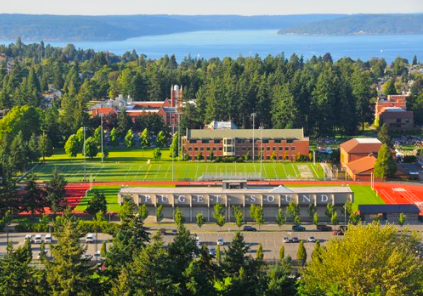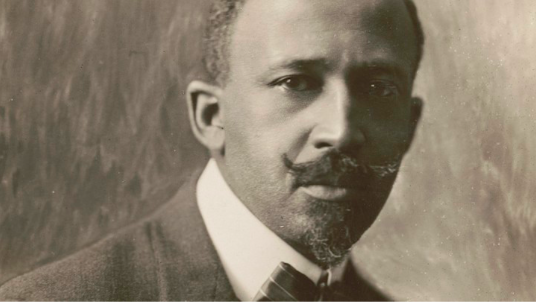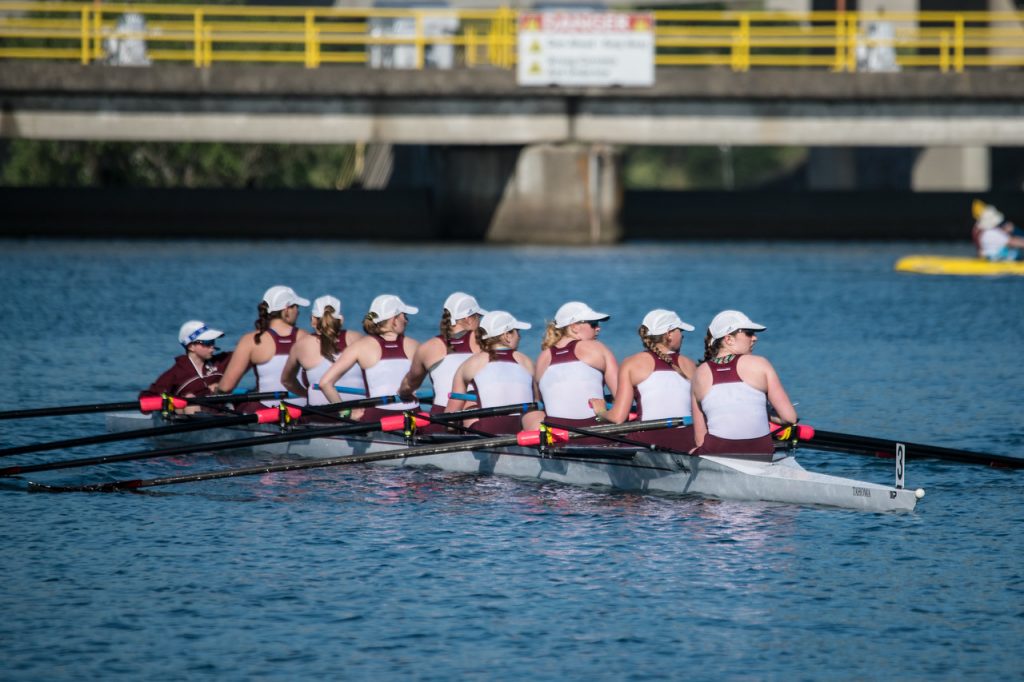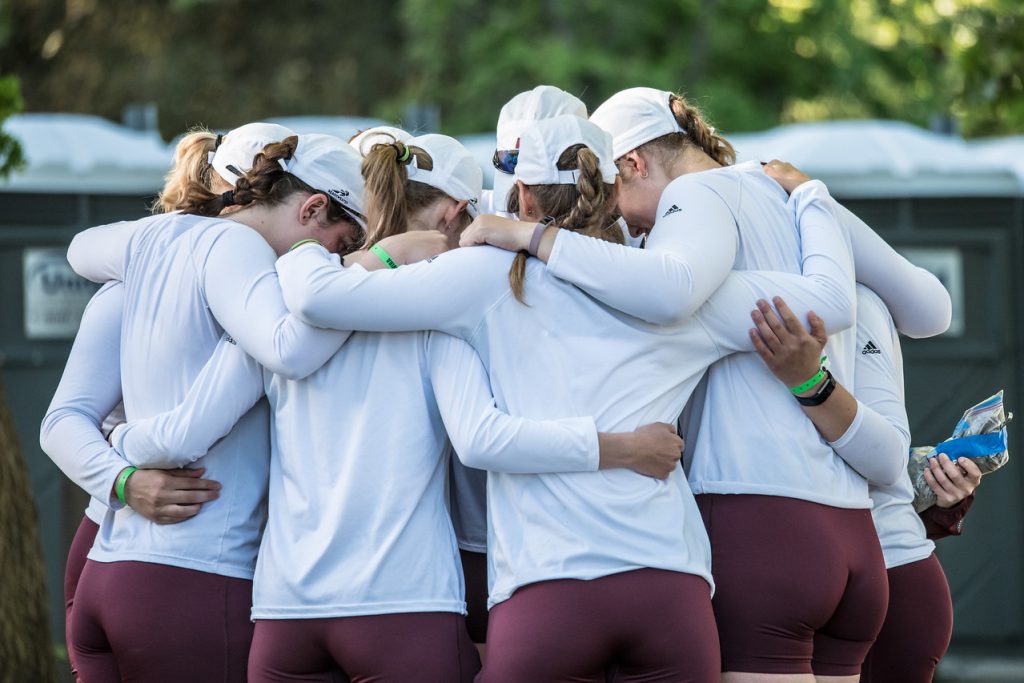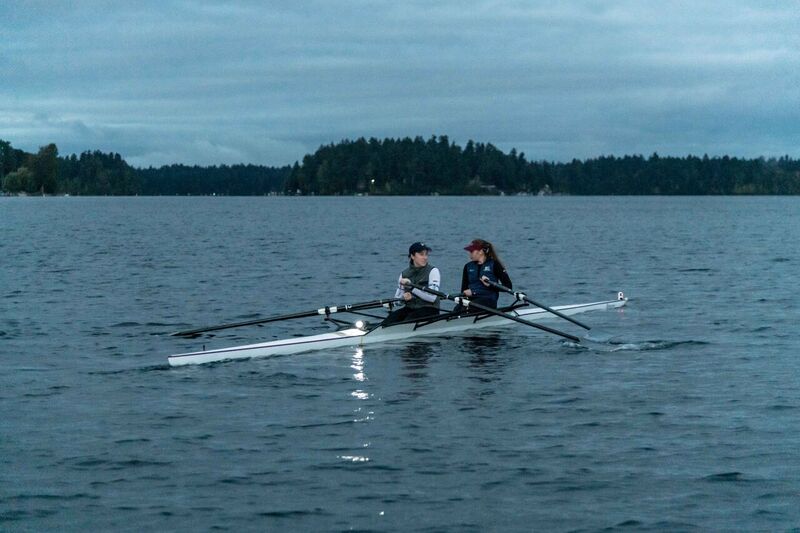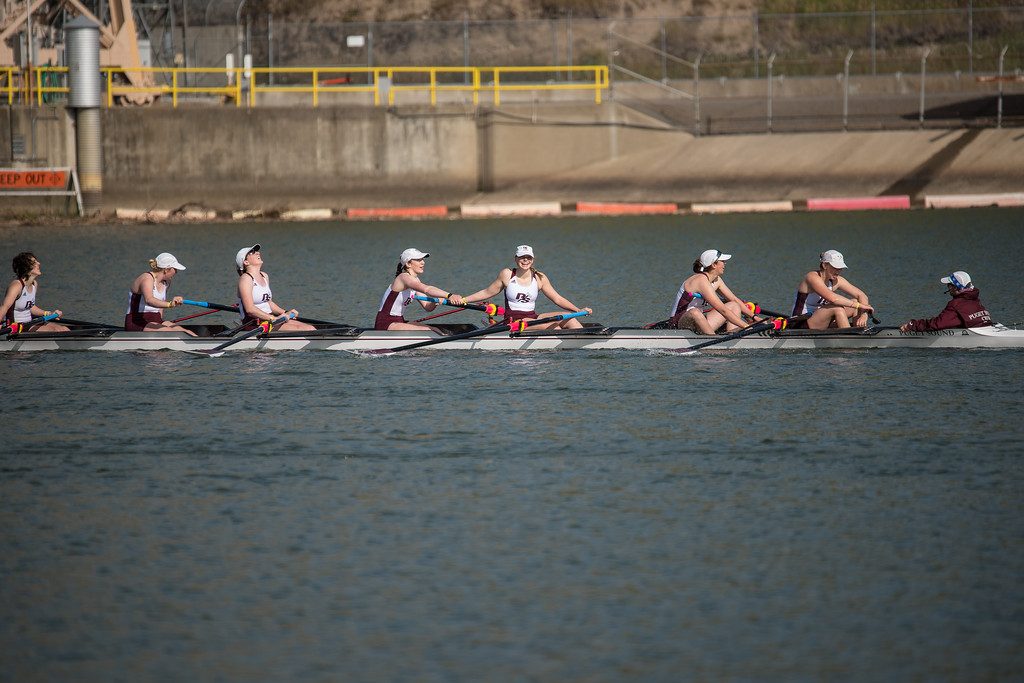Below are brief reflections about Public Scholarship from the African American Studies students who have been working and learning together over the last semester in order to create this digital space. Spring 2020
Eliza Tesch
In AFAM 399, I felt like a part of the AFAM community for the first time. In this course I met peers who inspire me and can match the passion that I have for learning and for social justice, and had a professor (Dr. Brackett) who cares deeply about the success of all of her students but at the same time pushes us to do our very best work. Without AFAM 399, my semester would most likely have gone very differently. This class was my only class this semester that actually met (virtually) every day we were scheduled to meet, and our (often very lively) class discussions made my day every time. Even virtually, the passion came through from my peers, and we discussed the pandemic, our readings, and current events. Working on the Public has been an incredibly rewarding experience, and I am very proud of what I and my classmates have created. I got to flex my writing muscles while writing about the topics I am most passionate about, and discovered that writing is something I really enjoy and want to pursue further. In summary, the most impactful part of this course has been the community. We have gone on this journey of adjusting to virtual life and school together, and supported each other through this process. This group of people truly give me hope for all of humankind, because if everyone could be as kind, inquisitive, and determined as my 399 class the world would be in great shape.
Emma Piorier
Participating in AFAM 399 has been transformative. In many ways, the application of the theoretical to our everyday, our campus, our language and the world around us, challenged me to engage in the work of critical social justice in new contexts and broadened my understanding of concepts of justice, power, oppression, community and activism. Through this course and our engagement with Patrica Hill Collins I have grown a comprehension of the larger work I am doing in African American Studies and the context in which it exists within. I have fostered a sense of certainty in my desire to work with theories of public scholarship be it through teaching,writing or speaking outside of the borders of academia. I have felt challenged by my peers, awakened by my classroom and trained to examine the nuances and presence of power and positionality in seemingly small instances of the everyday. I will take these lessons with me throughout my life.
George Jackson
I am very thankful to have taken AFAM 399, Public Scholarship. There are very few classes where I can use what I was taught and put that into immediate use in my life. I took AFAM 399 as part of the African American Studies major not knowing what to expect. Public Scholarship has allowed me to understand the complexities of different issues throughout many different points of view. I have been able to better understand some of the situations I face on a daily basis. Such as thinking about the privileges of those who are not in the minority like myself. As a black male on a predominantly white campus, I do not have the luxury of seeing people who look like myself on a day to day basis. This course has allowed me to gain a better understanding of the power dynamics that occur because of race. I am very appreciative of Dr. Brackett, as well as my peers, for the effort and the relationships I have built through the course.
Isaac Sims-Foster
AFAM 399, for me, was the perfect way to reconnect with a campus that I’ve felt increasingly distant from. After my semester abroad in Namibia, learning about and grappling with the first-hand effects of oppression and racism, I feared that returning to campus would leave me feeling empty; like there was no place for what I had learned to be applied outside of my major. 399 quickly reminded me of how precious social justice oriented education is, precisely for the reason that it circumvents the cultural, political, and societal differences between nations. I found myself again engaging with complex curriculum that elevated my understanding of systemic oppression inherent in our global society’s structures and reconceptualized knowledge as so much more than just what’s published by a university press. The internal and external critical thinking I learned and practiced in Namibia continued seamlessly in AFAM 399, which to me proves the power of social justice literacy and education. AFAM 399 taught me that knowledge has no borders.
Makenna Hess-Fletcher
AFAM 399 taught me the importance of speaking not only to the institution, but to the public. This class reaffirmed the reason I am an African American Studies major, as African American Studies majors do the work! Creating access to information and resources is ingrained in the work that African American studies majors do. Not only are we scholars but we are neighbors, friends, community members and public scholarship is used to connect these worlds. Through the creation of the digital publication “The Public” I learned that I am capable of partaking in public scholarship even as I continue to work towards my academic goals, that I don’t have to be finished with school to start the work.
Monica Schweitz
This year, I was grappling with a difficult internal dialogue. Several experiences and interactions over the summer and fall of 2019 had made me doubt my choice of major and, on the precipice of graduation, I was beginning to panic. At first, AFAM 399, with its flexible class structure, its relative informality and intimacy of discussion, and the passionate and sometimes vulnerable style of participation it encouraged, for lack of a better word, confused me. This was unlike any other class that I had taken. Was this “academic?” It just felt like honest conversation amongst friends about connections between a text and our lived experiences. But one day, during a discussion on Patricia Hill Collins’ ideas of power and “props,” my perception shifted. I realized that I had been confusing “academic” for dry and dispassionate. My education prior to (and sometimes throughout) college had primed me to accept only that which is written in a textbook as valid knowledge. Burdensome and disinteresting became equated with academic rigor. AFAM 399 changed that for me. Having, sharing, and listening to personal experiences are not just valuable forms of learning, they are, I would argue, the most valuable forms of learning when it comes to the type of learning that precipitates social change. So, of course it is passionate, vulnerable work. That doesn’t mean it’s not scholarship. This realization has left a significant impact on me and is something that I will take with me throughout the rest of my education both in and out of the classroom.
Serena Sevasin
In taking AFAM 399, I have been able to take time to more critically analyze information through the ways in which I validate, process, and share it with others in public spaces. Being a natural skeptic, it was validating to learn that not everything that is shared in masses equates to being legitimate knowledge. This course has helped me expand on what authenticity is, where it comes from, and what authenticity looks like for me. I have been most impacted by the creation of The Public, a publication that has allowed me to expand on my narratives, and more importantly realize just how much they matter. I have had the opportunity to use a column to deconstruct structures of power from a personal lens, and more importantly how to articulate them in ways the everyday student and myself can understand. I find myself grateful for the experience of taking Public Scholarship, and more so knowing the mediums I can utilize to share and expand on information I obtain and experience from other places.
Sofia McLaren
Continuing in this major and specifically in this course (AFAM 399), I have become more confident in my voice. The learning I have done has helped me understand that I can contribute in a meaningful way. We have confronted the topic of positionality which helped each of us realize where we stand in the class, the conversation, and the world. This class has also given me the ability to ask questions I never would have asked. I have stopped taking situations for granted, I am constantly asking myself questions about what happened, why it happened, what could have happened, or what should have happened. I have learned the importance of acknowledging that your perspective is unique to you and cannot be taken for granted. There is no umbrella perspective in this world, each and every person experiences things differently. On a more surface level, this class has also given me the ability and confidence in creating and asking questions. I have always thought I was no good at creating thought-provoking questions that sparked deep discussions; however, because of the weekly questions we had to create and the discussion we had to lead I am more confident in my ability to help people engage critically with materials. This class has also given me general confidence in the decision I have made to major in African American studies. I won’t lie, switching my major was a relief in some ways and scary in others. I knew the classes were engaging and rewarding for me, but it was the outside voices that made it hard. My parents and friends were very supportive, but I got push back from some of the older people in my life, questioning the relevance of the topic and calling it too narrow of an area of study. This course has been an immense solidifying factor for me, it has shown me over and over again the relevance, importance, and necessity of what I have chosen to study. We can not aspire to “check the race box,” we need to live continuously conscious and responsive lives.
Rachel Lorentz
Going into my Public Scholarship class, knowledge found in academia and “the real world” seemed like two completely separate things to me. Throughout this course, I have learned that Public Scholarship is where the rubber meets the road in academia. It focuses on how to make knowledge created in academia accessible to the public in a way that is useful and understandable to us all. Without Public Scholarship, the impacts of higher education would never reach those who are not fortunate enough to be in academic spaces.
Moose Abdirahman
I am very appreciative of this course, my peers gave me a new insight in life and in my community here at the University of Puget Sound. I have enjoyed creating accessible information and content, not only to show our growth and passions about African American Studies but also to build connectivity amongst each other in the midst of this pandemic. AFAM 399 has really widened my understanding of social justices, and black feminism. I enjoyed the structure of the class and how it prompted critical thinking and empowered a deeper understanding of our own experiences.
